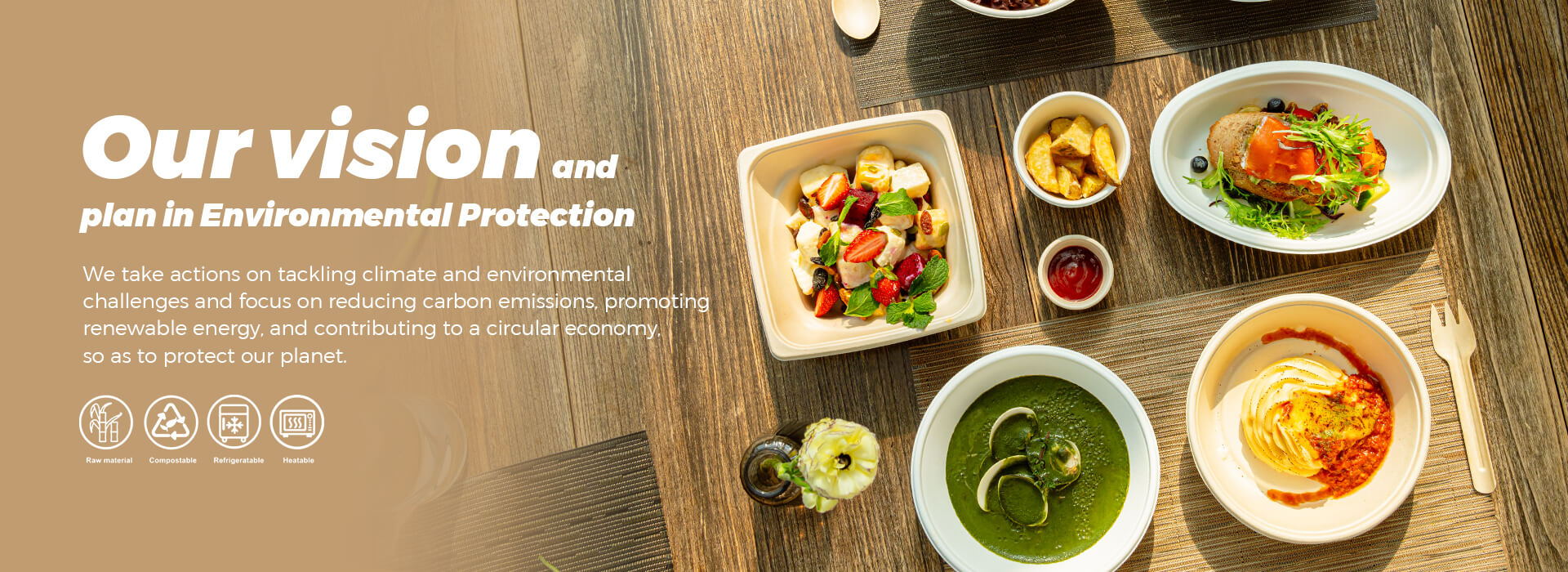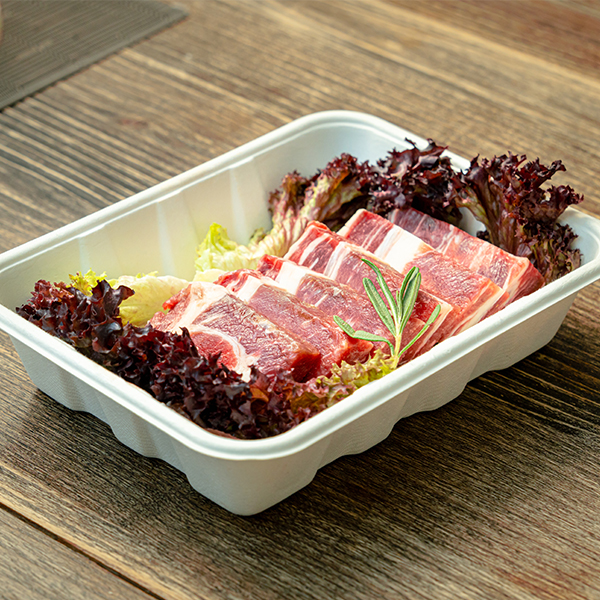Exploring the Potential of Bagasse Tableware in Mali

The use of environmentally-friendly and sustainable materials has become a crucial aspect in various industries. One such material is bagasse, which is derived from sugarcane fibers after juice extraction. This research article aims to explore the potential benefits and applications of bagasse tableware in Mali.
Qiaowang: A Leading Manufacturer of Bagasse Tableware
Environmental-friendly 100% compostable bagasse fiber bowl with or without lids, safe for food-containing. Perfect for fast packaging.
Available in various shapes, disposable bagasse pulp plates are suitable for daily diet. Easy-portable and outdoor-friendly.
In-demand sugar cane containers. Water & oil resistant, heat-friendly at 100℃ within 30 minutes. Optional clamshell and without lid.
Compostable bagasse food trays of various sizes and designs are widely applied at tables and chain fresh supermarkets.
The bagasse cutlery series provides bagasse tableware kits for disposable eating solutions, made from durable and eco-friendly bagasse fiber.
The Advantages of Bagasse Tableware
Bagasse tableware offers several advantages over traditional plastic or paper-based alternatives. Firstly, it is an eco-friendly option as it utilizes agricultural waste that would otherwise be discarded or burned, contributing to air pollution. Secondly, it is biodegradable and compostable, reducing landfill waste and promoting a circular economy model. Additionally, bagasse tableware exhibits excellent resistance to water and oil while maintaining its structural integrity even under high temperatures.
Potential Applications in Mali

Mali, a landlocked country in West Africa, faces various environmental challenges and has a growing need for sustainable solutions. Bagasse tableware can play a significant role in reducing plastic waste and promoting eco-friendly practices in the food service industry. Its versatility makes it suitable for use in restaurants, hotels, catering services, and even household dining. Furthermore, bagasse tableware aligns with Mali’s commitment to achieving the Sustainable Development Goals by addressing climate change and promoting responsible consumption.
Conclusion
The utilization of bagasse tableware presents an opportunity for Mali to embrace sustainable practices while simultaneously supporting its local economy. By adopting this environmentally-friendly alternative to traditional disposable products, Mali can reduce its carbon footprint and contribute towards a greener future.
Find more about Qiaowang!
